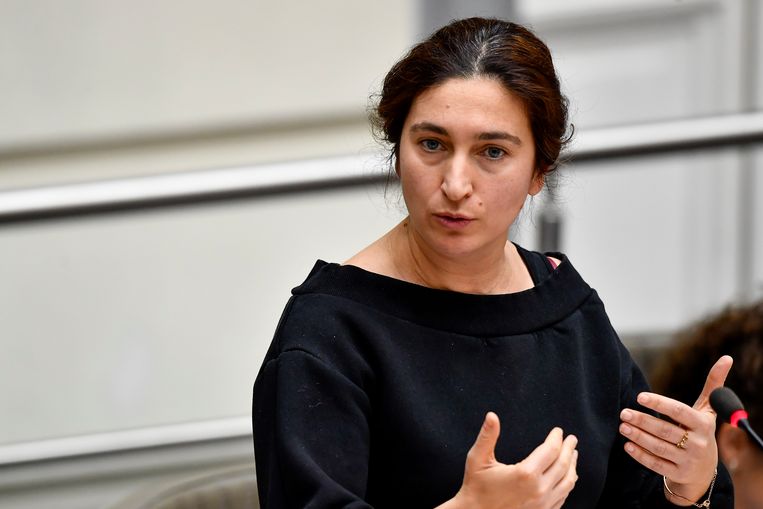Flanders' Environment Minister scolded the EU over its recently unveiled Climate Law, claiming it "unilaterally" revised the Dutch-speaking region's climate objectives upwards.
Minister Zuhal Demir said Flanders was "very concerned" about the law, which was presented on Wednesday to the EU Parliament during a session attended by teen climate activist Greta Thunberg.
"If Frans Timmermans wants to change the Flemish climate objectives for 2030, he should stand for election in Flanders," Demir said, referring to the EU Commissioner in charge of the bloc's climate strategy.
"Right now, it is not he who was to explain it to the population," she said, adding that the law "did not take into account the bills for our families."
But, unlike Thunberg who slammed the law as an unambitious "surrender," Demir said it put too much pressure on Flanders to raise its climate commitments, according to HLN.
Related News
- European climate law is 'a surrender', says Greta Thunberg
- Flanders and Brussels complain of climate budget from EU
- Flemish government lowers its target for CO2 reduction by 2030
In a climate plan submitted to the EU last year, Flanders said it would aim for a "realistic" 32.6% cut in carbon emissions, below Brussels' and Wallonia's reduction goal of 40% and 55%, respectively.
Presented by the EU Commission President as "the heart" of the bloc's flagship climate policy, the Climate Law will seek to legally enshrine its commitment to make Europe the first climate-neutral continent by 2050.
But while Demir said the draft law would pressure Flanders to raise its climate commitments of 2030, one of the main points of criticism aimed at the law was its failure to outline steps to cut emissions by 2030.
Demir also chided the Commission for "sidelining" the EU Parliament in the process although the law still needs to go over the significant hurdle of receiving parliamentary approval.
Following the presentation of the law on Wednesday, Pascal Canfin, the leader of the parliament's environment committee, said that one of the strengths of the law was namely that it "fully" involved parliament, in what he referred to as a "big win" for the institution.
"Decisions for setting climate targets at EU level will no longer be taken by unanimity in the Council, but by co-decision, which opens the way for more ambition because the European Parliament will be fully involved as a co-legislator," Canfin said in an interview with EURACTIV. "That's an important step forward."
Gabriela Galindo
The Brussels Times

